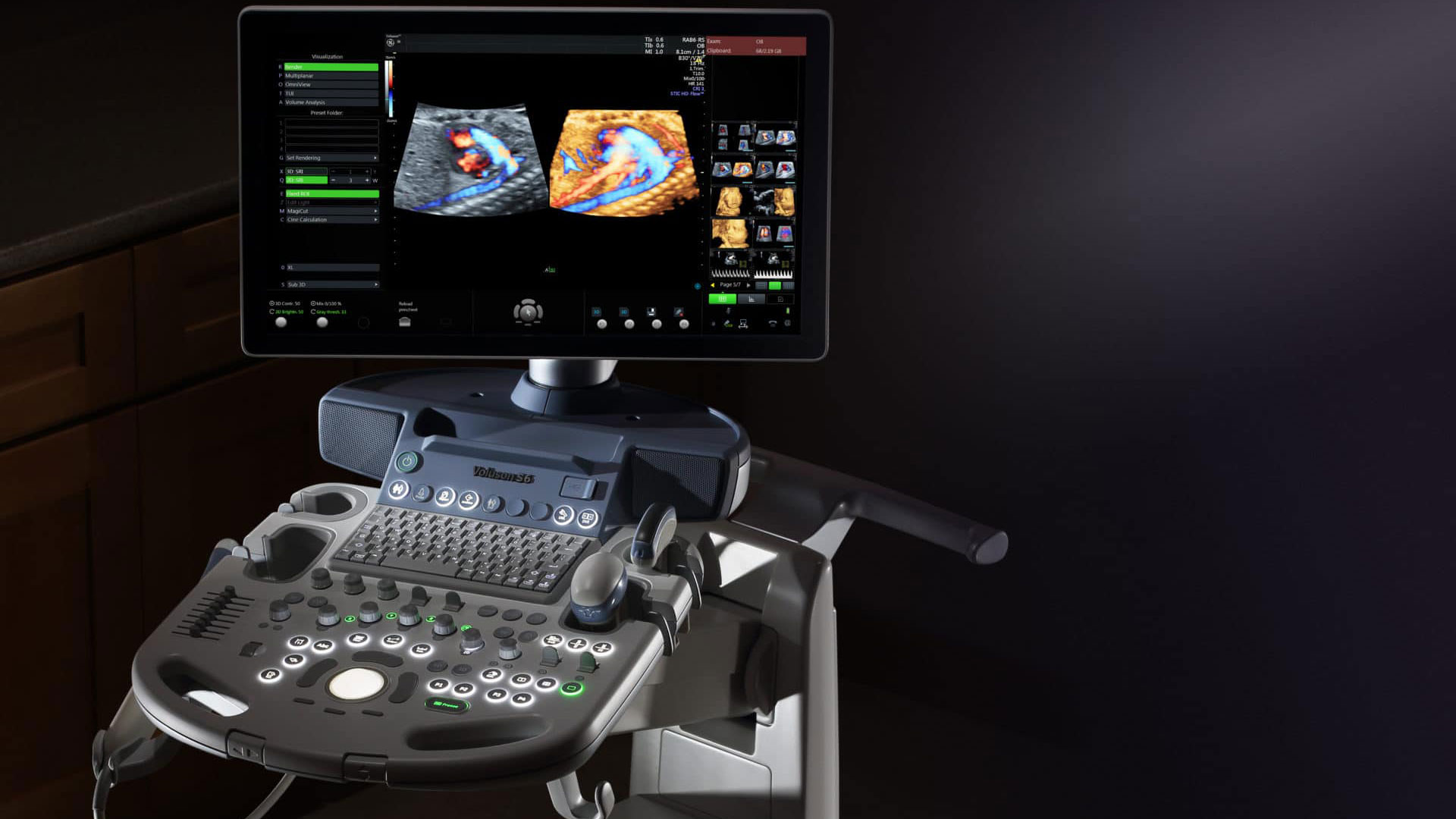Welcome to Ultrasound eLearning by Window to the Womb. This resource is designed to support our clinic teams by providing instant access to online courses & training material. We are working hard to provide a vast catalogue of ultrasound material covering all areas of obstetric ultrasound. Our unique system allows this eLearning platform to provide instant access to a wide plethora of ultrasound findings from the basis to the highly complex.
Who is CPD Ultrasound eLearning for?
Sonographers
If you practice Obstetric Ultrasound the resources provided by Ultrasound eLearning provide you with instant access to a wide range of ultrasound findings along with visual cues and narration.Scan Assistants
Supporting a Sonographer is an important role. You are the glue between the healthcare professional and the client. Ultrasound eLearning will provide you with a basic understanding of Obstetric Ultrasound along with important aspects of your role.What does CPD mean?
CPD stands for Continuing Professional Development. It refers to the process of tracking and documenting the skills, knowledge and experience that you gain both formally and informally as you work, beyond any initial training.
It's a record of what you experience, learn and then apply. The term is generally used to mean a physical folder or portfolio documenting your development as a professional. CPD Ultrasound eLearning is a process of recording and reflecting on learning and development.
What is it for?
The CPD Ultrasound eLearning helps you manage your own development on an ongoing basis. It's function is to help you record, review and reflect on what you learn. It's not a tick-box document recording the training you have completed. It's an interactive service designed to provide an autidable log of your development.
Training and development - what's the difference?
These terms are often used interchangeably, though there is a distinction. As a rule of thumb, training is formal and linear. It's to do with learning how to do something specific, relating to skill and competence.
Training can be as simple as using a PC application and as complex as learning how to be a sonographer from scratch.
Development is often informal and has a wider application, giving you the tools to do a range of things and relating to capability and competency. It involves progression from basic know-how to more advanced, mature or complex understanding. Development can be about widening your range of transferable skills like leadership, managing projects or organising information.
The key features of the CPD process
To justify the name, a CPD process needs to:
What will it do for you?
For sonographers, CPD is a requirement of registration with HCPC, NMC or GMC. It can help you to reflect, review and document your learning and to develop and update your professional knowledge and skills. It is also very useful to:
How do I start?
CPD Ultrasound elearning will help you to keep a learning log of your development. Once you have an account you will have access to the My Account section which keeps a record of your development securely online. You can review your account at any time.
What does CPD include?
Both formal training events and informal learning, such as:
Ensure you make a note of any outcomes of each learning experience and what difference it has made to you, your colleagues, your students (if relevant) or your employer.

